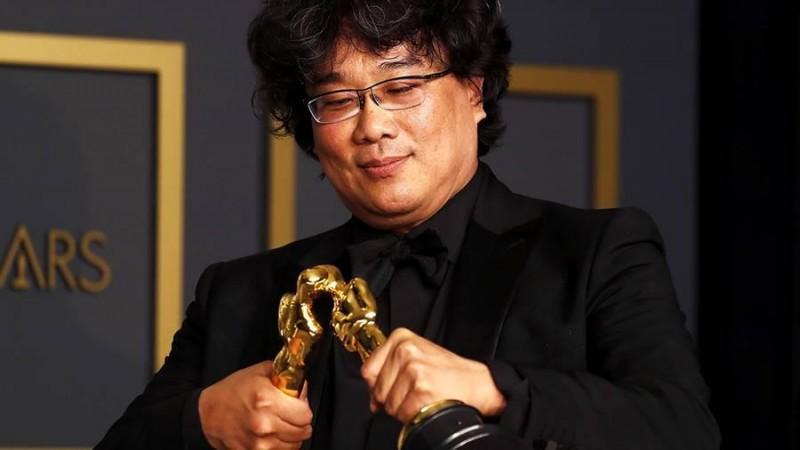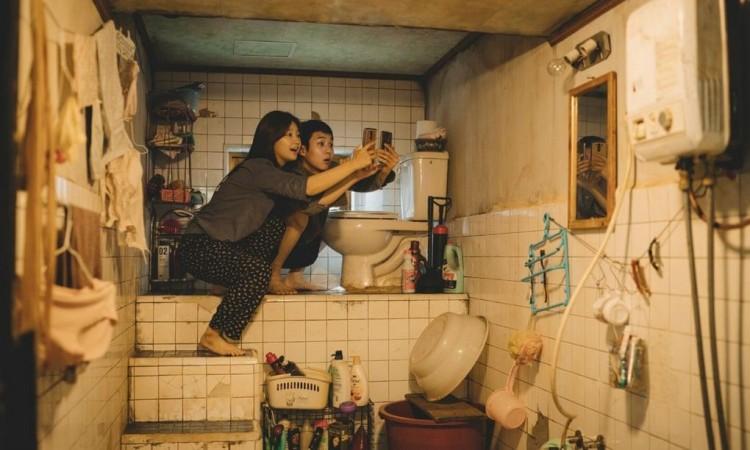South Korean filmmaker Bong Joon Ho said that he has been observing the new wave of Anti-Asian hatred that has taken place in the US. He believes that members from the Hollywood industry can respond by being unafraid, and sharing their experience. He believes that bold stories from them can tackle the issue and bring in change.

"I'm far away in Korea and I have to see everything in the news from an outsider's perspective, but as someone who is a part of mankind, as a person, it's quite fearful to watch the hate crimes against Asian-Americans and the BLM movement. Creating a film takes a lot of time and a lot of money; it's a big unit that can't really respond quickly to issues that are currently happening in society," he stated.
"But ironically, because of that, creators and filmmakers can be bolder with dealing with issues and they shouldn't be afraid to confront them," said Bong Jon Hoon who had featured as a guest speaker in Chapman University's Dodge College virtual master class series.
He cited Spike Lee's Do The Right Thing as an example and said:
"That film came out in 1989. It was three years before the L.A. Riots but almost predicted the riots were going to happen. That's the role creators and artists can play, not necessarily to predict what will happen in society but to use your insight to portray the issues that are currently boiling underneath the surface of society that can explode later on.
For me, Parasite was a film where I tried to take that approach ... [the film] talks about the haves and have-nots of our current society. It began with a question of 'what does it mean to be poor or rich in our current times? As creators and artists, you sort of have to see through the essence and the central questions in our society through the days that you live through and send a reply to those questions through your work."

But was Parasite sending the right message?
Parasite, the film had finely stitched a number of shots, in an aesthetic manner to focus on the gap in culture, choices, the lifestyle of the rich and the poor. The montage in the film had interwoven two or more alternative motifs with no precise relationship. This kind of montage has a direct symbolic value where the scenes of the rich Park family had been parallelly positioned with the Kim family who lived in a dingy basement.
The Park family had no idea that they were being exploited and manipulated by the Kim family, yet we sympathise with the latter since the death of the rich men hardly creates a strong narrative. Meanwhile, the poor family continued to live their stable life with limited income, after killing the only earning member in the Park family.

















